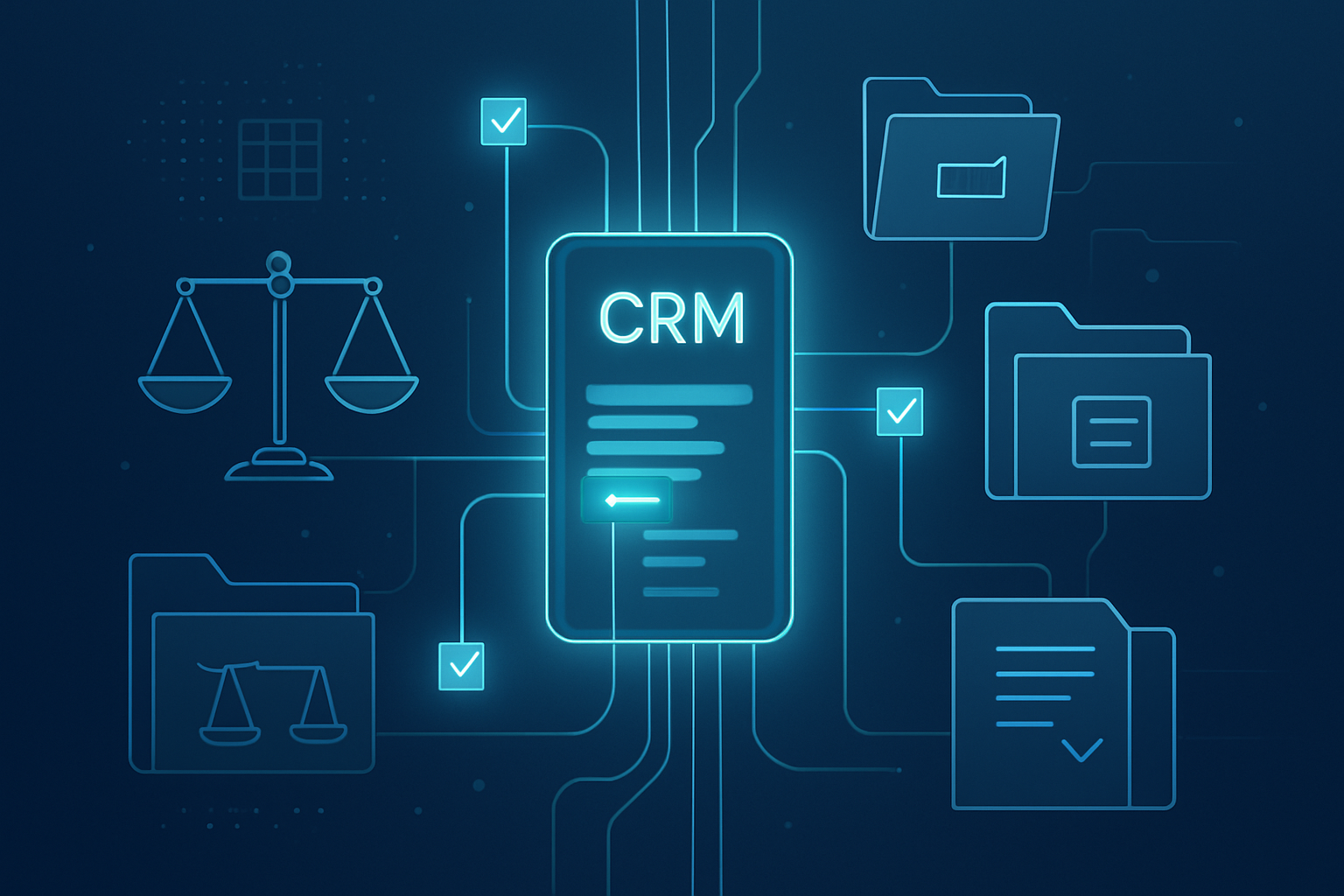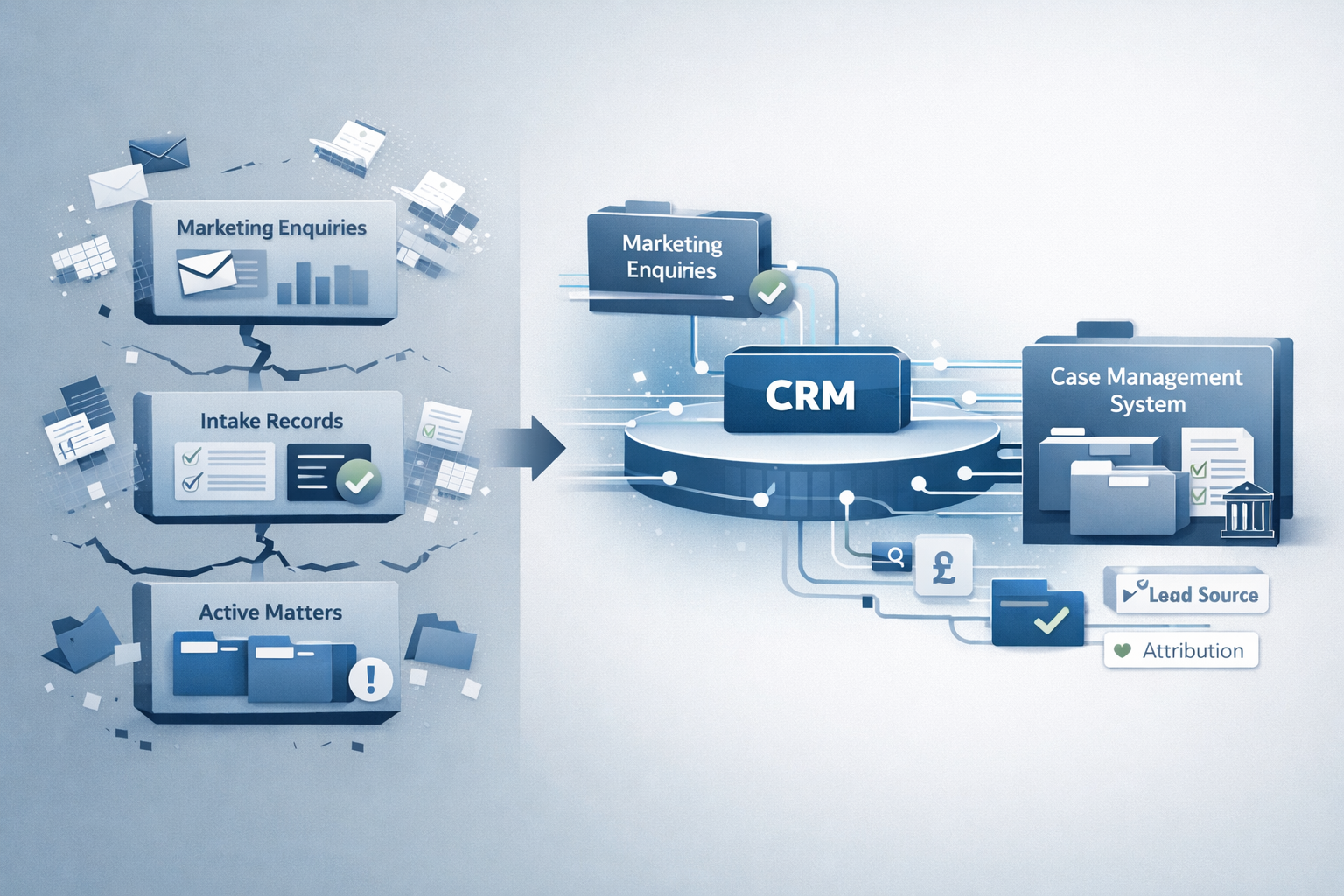Why so many HubSpot onboarding projects fail
Digital Marketing
HubSpot
Sales Capability

When reading an article about HubSpot onboarding recently I came across the term "re-onboarding", where a business has a second attempt at implementing the platform as it didn't quite hit the mark first time.
It's very common for us to be approached by companies asking us to help them with HubSpot when they're already using the platform. In fact, it actually accounts for nearly 50% of our HubSpot enquiries and the root cause in most cases is inadequate onboarding.
So why is re-onboarding a 'thing'?
A one-size fits-all approach. Off the shelf onboarding is very common. A predetermined set of activities that are delivered based on the HubSpot package you have purchased. In fairness, for small businesses, where there may just be a small number of marketing users, this may be appropriate. But where onboarding involves different teams this is rarely a good approach.
The issue with the one-size fits-all approach is that it assumes that all use cases are the same. And this is rarely the case.
Inadequate discovery and planning. Everyone knows that the success of any project is often down to planning. Academics have proven this - Deephouse, Mukhopadhyay, Goldenson, and Kellner (1996) showed that project planning was consistently associated with success, more than any other practice.
Often agencies will carry out a discovery call with the prospect pre-sale and then quote for full onboarding and project costs. This lightweight discovery and planning work is rarely adequate. At best it's providing a misaligned implementation, at worst, it's setting up for failure.
HubSpot Agencies get paid an initial and ongoing commission when the software is sold, and this is often the cause of such a rushed on-boarding process. Some agencies are focused on generating the commission more than delivering value to the customer - a statement that may upset a few people in the HubSpot Partner Agency world.
A better approach:
If you want onboarding success, or more importantly, you want to realise the maximum value from HubSpot, then investing in discovery and planning is essential. Even when taking an agile delivery approach, an in-depth understanding of the business requirements and the best way to meet the objectives requires time, effort and specialist expertise up front.
We consider this as part of a three phase approach: discovery and planning; implementation; ongoing support... we recognise that not everyone may need the latter, although an internal resource to maintain best practice is essential.
The benefits of up-front discovery and planning are easily identified...
Importantly, undertaking a paid discovery and planning stage does not mean increased costs
Managing costs and only paying for what you need. It may sound contradictory to be reducing costs through a paid discovery and planning stage. But this approach ensures that priorities are identified and work is focussed on what adds the most value, not simply deploying the available functionality. It also drives greater value longer term due to better alignment and buy-in from colleagues.
A better understanding of how you can get the most from the software. The first phase discussions will provide you with a better view of the tools and functionality that will add the most value to the business. In our experience clients always have lightbulb moments as part of these discussions that will enhance business performance. There are always the 'what if we did it this way...?' conversations.
Involving all stakeholders drives better results. A paid discovery and planning stage is likely to involve more colleagues than during the pre-sale discovery. This leads to better insight on the project requirements and ensures greater buy-in to the process.
Indeed, one of the problems with onboarding HubSpot is that it's purchased by a team without thought for the wider implications and stakeholders. Often missing out on opportunities and not identifying challenges early in the process and lack of adoption by colleagues, are common reasons for failure.
You will validate and improve your processes. This goes beyond the software implementation. A good discovery and planning stage will map the core business processes, often giving rise to improvements and, at the very least, a consistent understanding within the business. Take a look at an example process map here.
So how much should onboarding cost?
This is not a straightforward question to answer, but if we consider the first two stages on the process - discovery and planning, followed by implementation - we would expect the first stage to be about 20-30% of the overall cost.
HubSpot is a compelling and extensive piece of software. There will always be opportunities to do more with it to improve business performance.
Recognising this also means acknowledging that there is work to be done in prioritising what will drive the most value. This is where the inclusion of a thorough discovery and planning stage, that validates, scopes and prioritises the work to be done, gives you a greater chance of success and removes the uncomfortable expense of re-onboarding.


